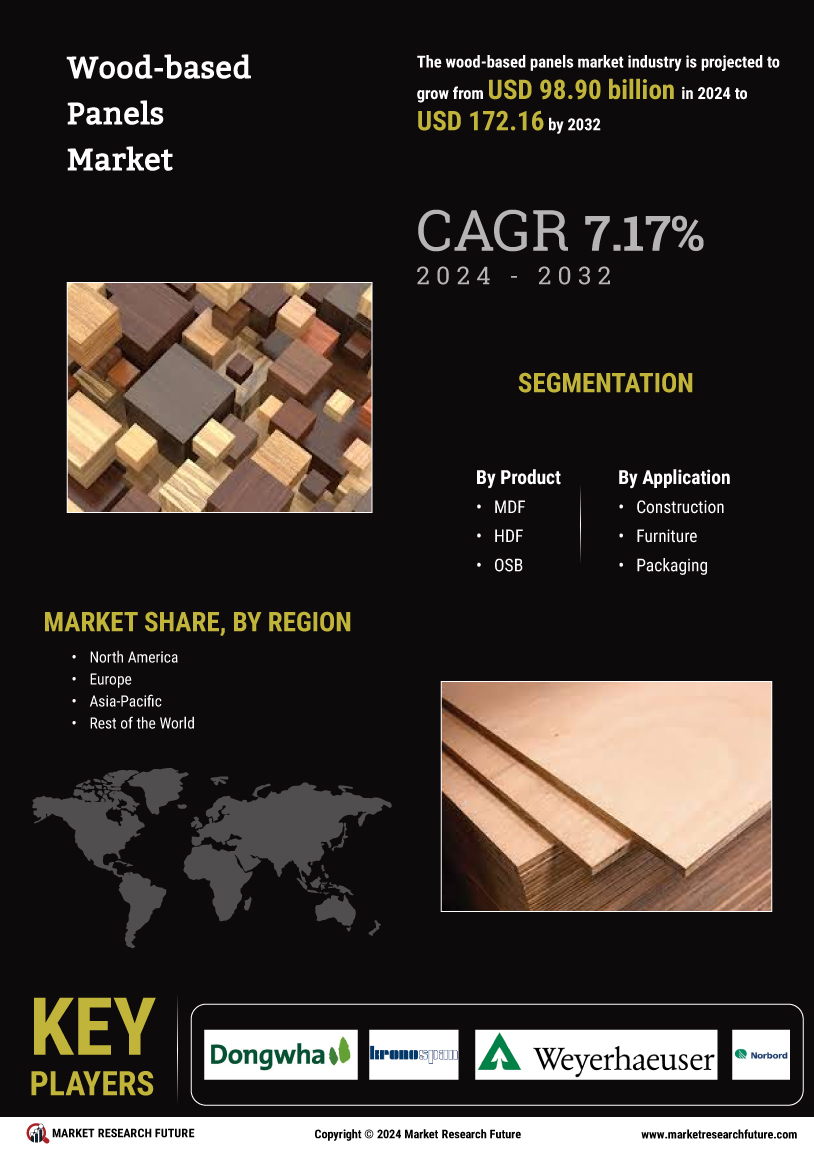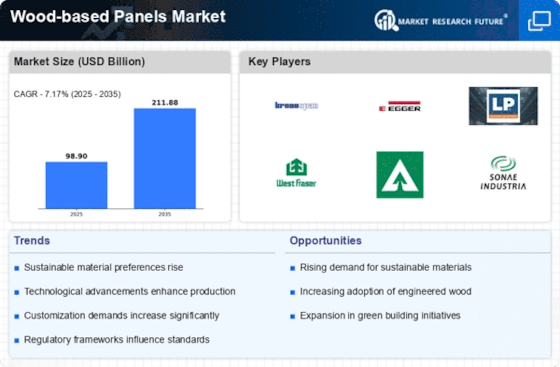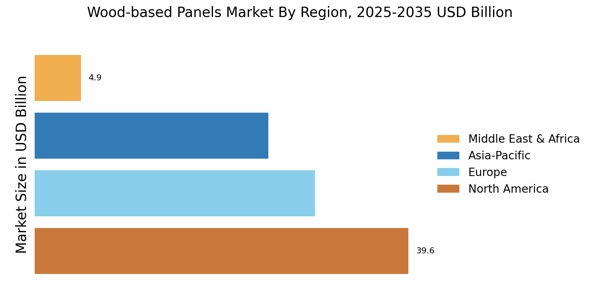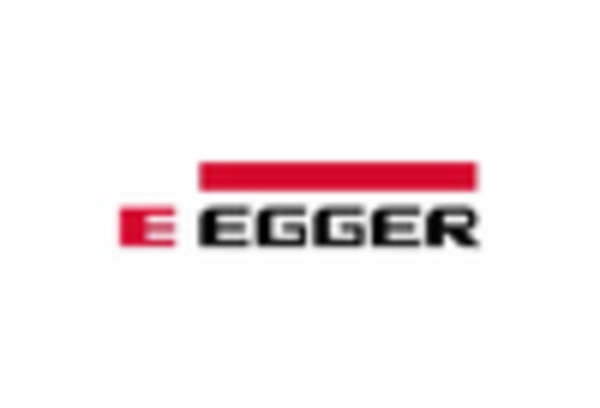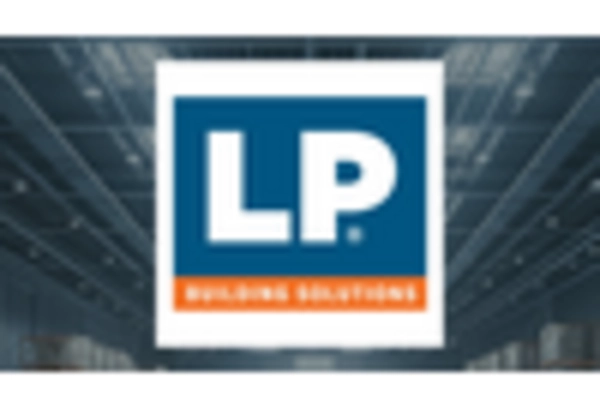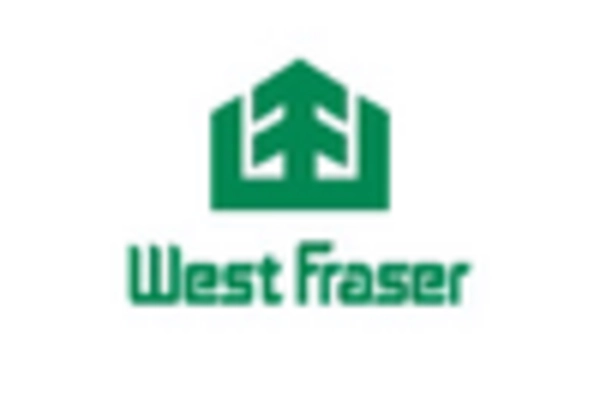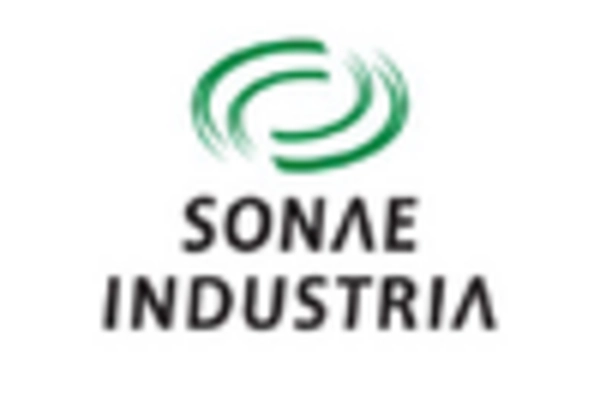Research Methodology on Wood Based Panels Market
The research methodology is an investigation that is used to collect the required information for an experiment or project. The research methodology employed in this research report is based on thorough primary and secondary sources of information.
Primary Research:
The primary sources of data include interviews with experts, industry leaders, and other primary research participants, who provides insights based on their experience and knowledge related to the Wood-Based Panels Market. Also, data from key stakeholders and opinion leaders in the industry are taken into account during the primary research phase.
Secondary Research:
Secondary research involves gathering information from a variety of sources. Data for this report is obtained from industry white papers, industrial databases, trade journals, and government sources. Furthermore, data collated from the annual report, press releases, investor presentations, and stock analysis presentations of the companies are taken into account to gain an in-depth understanding of the market.
Data Triangulation:
Data triangulation is a process of combining different methods, sources, and assessment techniques to get a better and more complete view of the market. This ensures that the data is validated and conclusions based on it are accurate. The data triangulation approach employed in this study involves the use of both primary and secondary research data and analyzing them to draw accurate inferences.
Market Estimation:
The market estimation process used for this research report involves the use of both bottom-up and top-down approaches. Bottom-up estimates are based on demand from individual segments, while top-down estimates are derived from the overall size of the Wood-Based Panels Market. The market estimate and forecast are then arrived at through market triangulation.
Target Stakeholders:
The target stakeholders for this research report are Wood-Based Panels manufacturers, stakeholders from related industries, raw material suppliers, investors, and regulatory bodies.
Data Analysis:
In this report, the data is analyzed using quantitative techniques and qualitative techniques. The analysis approach employed in this report involves the following steps:
• Data Gathering:
The data used in this research report is obtained from credible sources such as industry magazines, government reports, investor presentations, white papers, etc.
• Data Validation:
The finished data set is compared and contrasted with the data obtained from industry experts and other primary research participants.
• Market Estimation:
The global Wood-Based Panels market is estimated using a combination of top-down and bottom-up approaches.
• Market Forecasting:
Market forecasting is done using market triangulation and other statistical models.
• Market Analysis:
The market is segmented into different sub-segments in order to understand the market dynamics on a much smaller scale. The report includes market share analysis, Porter’s five forces analysis, SWOT analysis, and other analytical tools.
• Data Visualization:
Data visualization is used in order to clearly illustrate the market size, share, and other important insights from the study.
